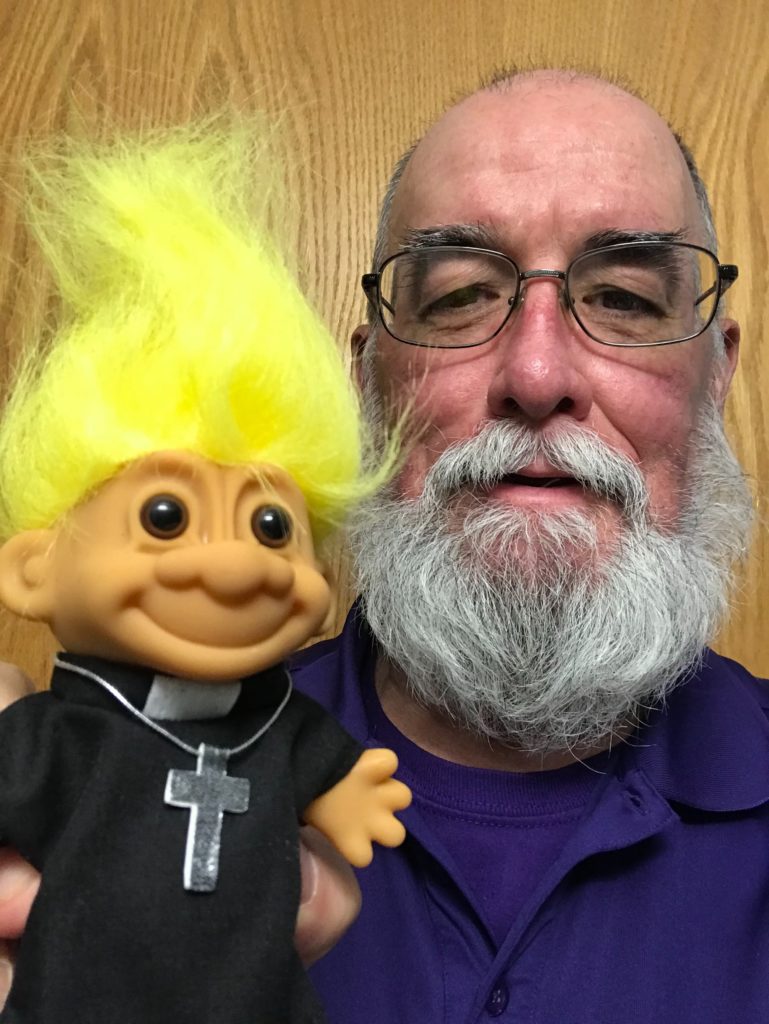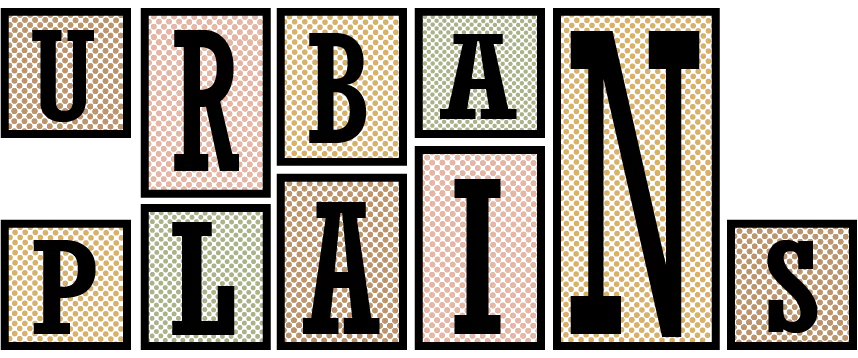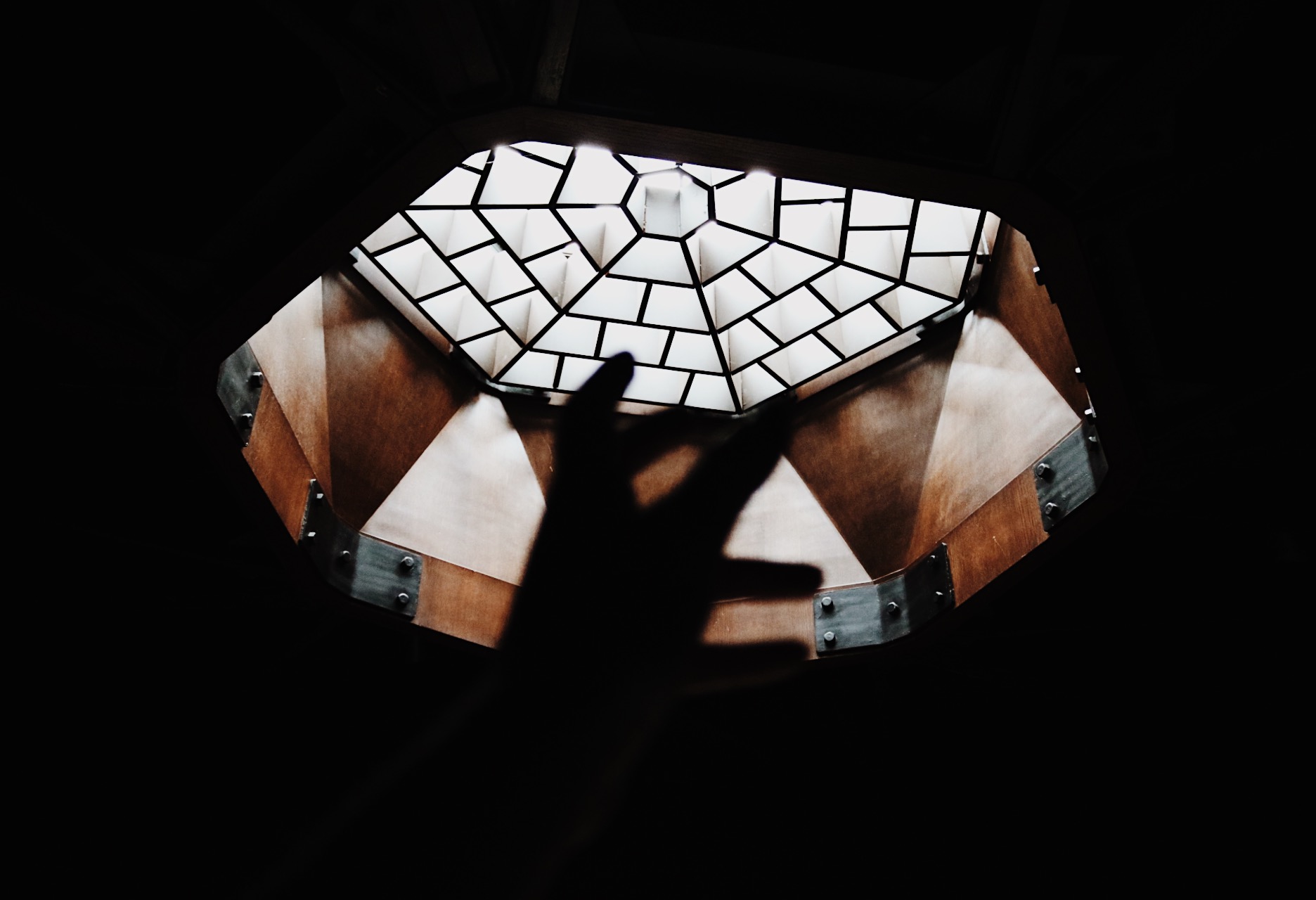Amidst the chaos of the coronavirus pandemic, we’ve all faced the reality of cancelled plans. Weddings, vacations, concerts, graduations — everything, around the world, seems to have come to a grinding halt in the wake of COVID-19. Last week, people of various religions in the Midwest typically would have been congregating to celebrate religious holidays. But with most states under some form of lockdown, those celebrations looked a little different this year. We spoke with religious leaders in the Midwest to find out how they conducted services this year, and what that meant for the holidays themselves.
Easter
Walnut Creek Church
Walnut Creek church is a Great Commission church located in Des Moines, Iowa. With four locations, active Bible studies, community groups, and children’s ministry programs, Walnut Creek had been serving thousands of churchgoers in the metro prior to the coronavirus outbreak.
In a press release on March 15, church leaders made the decision to cancel all services and upcoming events until further notice in light of the COVID-19 pandemic. For Kylee Bateman, who helps lead the church’s college ministry and works on the communications team, this meant massive changes to projects she’s been working on for months.
“During that week in March, our nation seemed to receive new information every day about the development of the pandemic,” Bateman says. “When the decision was made to cancel in-person church services, our auditorium was transformed into a production studio within a week.”
Chairs moved out of the way, studio lights were brought in, a backdrop was set up to accommodate this new method of worship. Church members and volunteers became videographers, sound editors, and graphic designers. The music team, who typically performs from the stage, now stood on the sanctuary floor, separated at the recommended six-foot distance.
Production of the service takes place earlier in the week so that audio can be adjusted, graphics added, and the entire service streamed more seamlessly. This Easter, messages streamed on Walnut Creek’s Facebook page and website at 6 p.m. on Saturday and 10 a.m. on Sunday. While producing studio-level online services definitely isn’t something the church has undertaken before, it provides some unique privileges.
“Having a church service online is a unique opportunity to share the gospel with people who have never set foot in a church building before,” Bateman says. “We want each part of the service, whether it be the worship set, the sermon, or the quality of the video and audio, to be done excellently for the glory of God.”
While people cannot physically gather to celebrate Easter, Bateman says the church staff has been working to foster a sense of community among its members. Bible studies and community groups now take place on Zoom; children’s ministry resources have been placed online; and the church launched several social media initiatives to keep people encouraged. Still, Bateman acknowledges this year just won’t be the same.
“I miss the feeling of going to church on Easter,” Bateman says. “I miss the Easter dresses and cute family photos, the ‘He is risen!’ and ‘He is risen indeed!’ greetings. But even so, what a beautiful reminder that the truth of Easter is not found in holiday traditions…Our hope is in His resurrection, and this is something we can celebrate all year long, in-person church service or not.”
Passover
Beth Hillel Temple (Racine, Wisconsin)
Beth Hillel Temple, located in Racine, Wis., is one of the many temples, churches, Mosques, and other religious communities forced to explore new options for services and celebrating during this time.
Passover is a celebration of birth and rebirth, of a journey from slavery to freedom. The holiday acknowledges the Jews’ exodus from Egyptian rule. The Torah states that Jews are to observe Passover for seven days, beginning on the 15th of the Jewish month Nisan, which usually aligns with April of the Gregorian calendar. This year, Passover began at sundown on Wednesday, April 8.
Dena Feingold has been Beth Hillel’s rabbi (spiritual leader) since 1985. She was ordained in 1982 by the Reform Jewish seminary Hebrew Union College – Jewish Institute of Religion, and was the first female rabbi native to Wisconsin. Like many other places of worship around the world, Feingold has had to adapt their typical traditions in light of the COVID-19 pandemic.
The first and second nights of Passover feature a ritual known as the Passover Seder (Seder means “order”). Typically, Seders are large gatherings of extended family and friends. They use a book called a Haggadah, which not only tells the story of the biblical Exodus from slavery in Egypt, but also has symbolic foods, actions, songs and readings that are designed to help participants relive the exodus as if they had been there themselves. It is very participatory, including special roles and games for children. Also, a special and festive meal with unique, traditional foods is served.
Traditionally in the Beth Hillel community, families have home Seders the first night and the synagogue holds a community Seder the second night. Due to the COVID-19 outbreak, the community Seder had to be reworked to operate differently this year. Many families are also doing Zoom or Google Hangouts or something similar on the first night, however, there are limits to this form of being together.
“Obviously, the feeling of familial warmth and gathering is somewhat reduced,” Feingold says. “Food cannot be shared. Some folks have trouble with the technology. It is hard to have group participation because there is an echo in group singing and not everyone has the same Haggadah (or maybe some don’t have a Haggadah at all), so following along and taking turns reading can be a challenge.”
Feingold says that she rarely posts on Facebook, so learning how to use tools such as Facebook live and Zoom have been challenging, but rewarding for members. Feingold now leads Passover and Shabbat services on Facebook Live, out of her son’s old bedroom.
“A community is much more than a place where people come together for a shared experience,” Feingold says. “It is the people and their concern for one another and their shared traditions and values that make them a community. This time of living in isolation shows us that community exists in far more ways than we may have realized before.”
Although religious services, like Passover, are more difficult without gathering as a community, digital tools make connection possible, even if it’s not in person. Without tools like Zoom, Skype, Facebook Live other live streaming services, conducting religious meetings would be nearly impossible.
Easter
Cristo Rey Jesuit High School (Baltimore, Maryland)

In almost all of our lifetimes, there’s never been a year quite like this. Society has changed significantly in the last century, and in all that time, there hasn’t been an event that has interrupted every facet of life like the Covid-19 pandemic has. With gatherings of 10 or more people strongly discouraged, one of the biggest demographics of people disrupted are religious communities.
Fr. Richard “Mugs” Malloy has been a Jesuit priest for 44 years, and has spent his ordained life serving his parishioners through Mass services and teaching. His favorite part of being a priest is the community it brings together; not only does he share a home with 25 other men of the cloth, but his work brings people together, which makes it even harder on him that he can’t do that right now.
Fr. Mugs recalled September 11 in our conversation, saying that after that disaster, he saw a surge in people attending services to pray for the people who were affected. But now, in this crisis, people are restricted from gathering, and in Fr. Mugs’ experience, this hasn’t happened before. Christians have always had their community to rely on, until now.
“It’s startling to do something for 40 years, and all of the sudden not be able to do it…” Fr. Mugs said. “So this year we won’t have the Easter Triduum, which will be… different.”
Since shelter-in-place has been active, Fr. Mugs has been performing Mass for friends, family and anyone else who asks over Zoom. As a college professor and a priest, he is already used to the platform. But for many others outside of the school setting, he has been noticing a distinct learning curve. He says that if anything good has come out of this situation, it’s been older generations “like myself” Fr. Mugs said, adapting to evolving technologies, allowing them to stay in better communication with loved ones.

